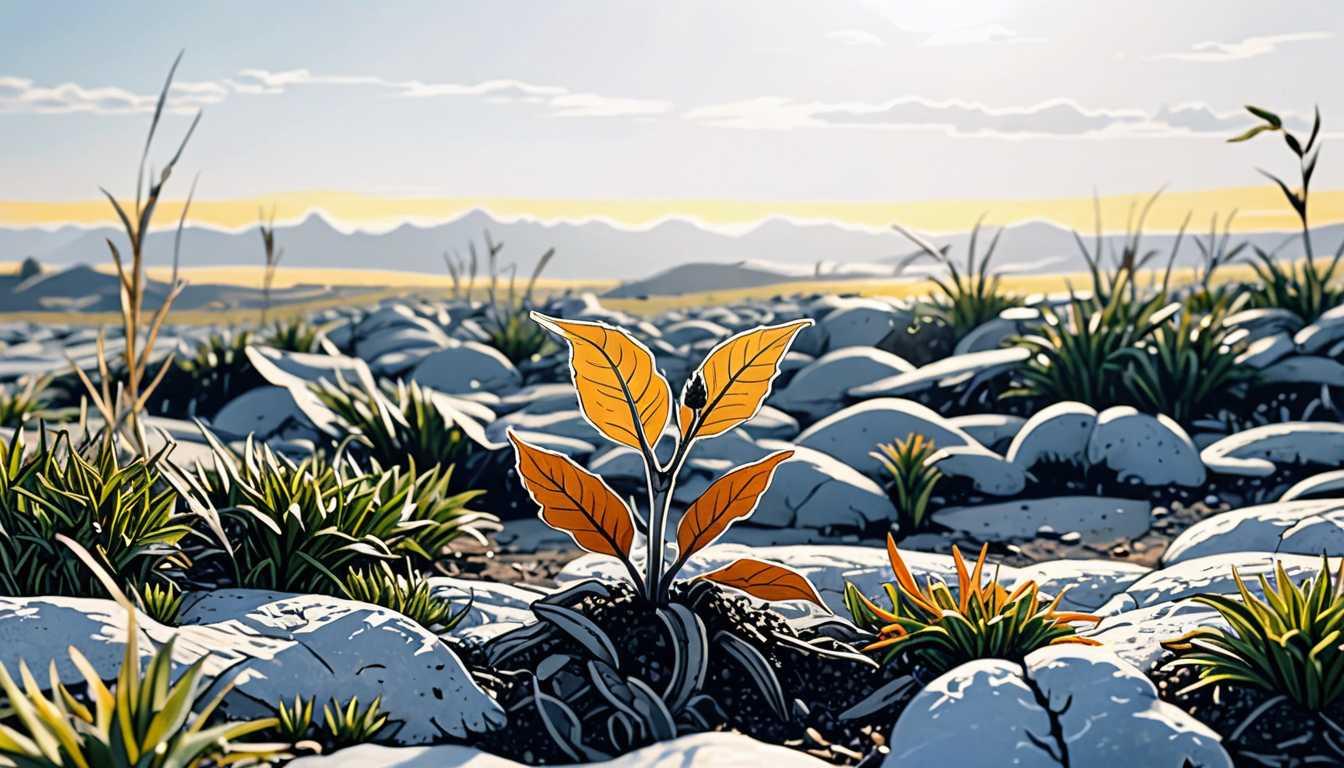Pee Power: Greening Gardens Sustainably
May 2024
Cornell University
Introduction
Dive into the unusual yet fascinating world of 'peecycling' with Cornell University's latest study! Discover how human urine, an unexpected hero, is revolutionizing gardening and composting. With a quirky blend of engineering and plant science, students have developed a tech-savvy way to use pee for greener gardens. Who knew your next trip to the loo could help the environment?
READ FULL ARTICLEWhy It Matters
Discover how this topic shapes your world and future
Growing Green with a Golden Twist
You might think of urine as just a waste product, but it's actually packed with nutrients that plants crave. This concept, known as 'peecycling', is more than just a quirky idea—it's a sustainable solution that tackles global issues like waste management and food production. By using urine as a fertilizer, we can reduce the reliance on synthetic fertilizers, which are costly and environmentally damaging. This practice not only helps in closing the nutrient loop but also in reducing pollution in water bodies caused by excess nutrients. Imagine turning something as simple as urine into a resource that boosts garden health and helps the planet. This could change how you view waste and recycling, making sustainability a personal part of your daily life.
Speak like a Scholar
Sustainable Agriculture
Farming that meets current food needs without compromising future generations' ability to produce food.
Nutrient Loop
The recycling of nutrients from waste products back into the ecosystem to be reused by plants.
Leachate
The liquid that drains or 'leaches' from a landfill or compost pile, often containing dissolved or suspended materials.
Biochar
A charcoal-like substance made by burning organic material from agricultural and forestry wastes (biomass) in a controlled process called pyrolysis.
Electrical Conductivity
A measure of a material's ability to conduct an electric current, used here to assess soil health.
Microcontrollers
Small computers on a single integrated circuit containing a processor core, memory, and programmable input/output peripherals, used in automatic control of devices.
Independent Research Ideas
Comparative Study of Synthetic vs. Natural Fertilizers
Investigate the growth effects of synthetic fertilizers compared to 'peecycled' urine on various plant types. This could reveal important insights into sustainable farming practices.
Impact of Urine-Derived Fertilizers on Soil Microbiome
Explore how urine as a fertilizer affects the microbial community in the soil. Understanding this could help improve soil health and plant growth.
Designing Efficient Urine Collection and Distribution Systems
Develop and test systems that could make the collection and distribution of urine as a fertilizer more practical and hygienic.
Public Perception and Acceptability of Peecycling
Conduct surveys or studies to understand public resistance or acceptance towards using human urine in agriculture. This social science angle could help devise strategies for wider adoption.
Enhancement of Biochar with Urine
Experiment with enriching biochar with urine before using it as a soil amendment. This could double the environmental benefits by improving waste biomass and enhancing soil fertility.
Related Articles

Python: The Future of Food?
March 2024
Smithsonian Magazine

Revolutionary Plant Stress Sensors
April 2024
Massachusetts Institute of Technology (MIT)

Farming Innovations for a Changing Climate
November 2024
MIT News

Sawdust: Nature's Weed Warrior
July 2024
Cornell News Highlights

Red Nets: Farming's Secret Weapon
February 2024
UTokyo